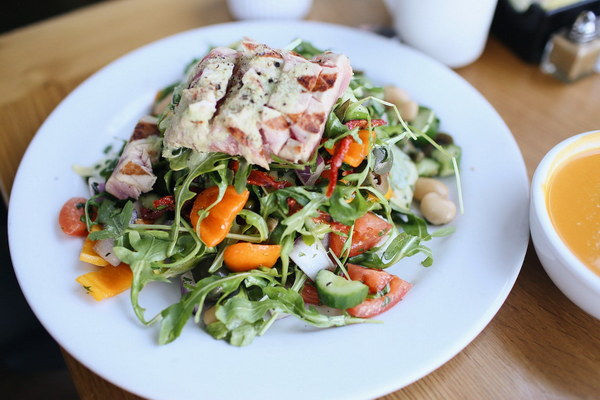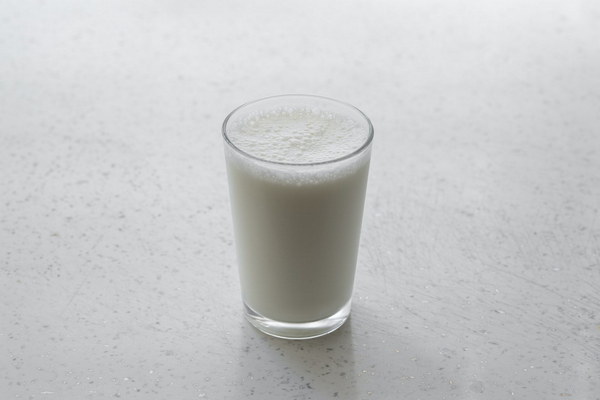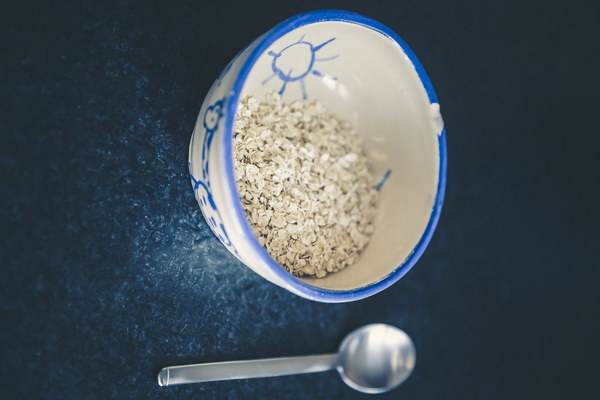Optimizing Diet and Body Health Before IVF A Comprehensive Guide
Embarking on the journey of in vitro fertilization (IVF) can be both exciting and daunting. Preparing your body for the process is essential to increase the chances of a successful outcome. One of the key aspects of preparation is to optimize your diet and body health. This comprehensive guide will help you understand how to adjust your diet and lifestyle to enhance your chances of a successful IVF cycle.
1. Increase Folic Acid Intake
Folic acid, also known as vitamin B9, is crucial for the development of a healthy embryo. It plays a significant role in preventing neural tube defects and ensuring proper cell division. To ensure an adequate folic acid level, include foods such as leafy green vegetables, beans, fortified cereals, and orange juice in your diet. Additionally, consider taking a folic acid supplement as recommended by your healthcare provider.
2. Consume a Balanced Diet
A balanced diet rich in essential nutrients can significantly impact your IVF success rate. Here are some guidelines:
- Protein: Consume lean proteins such as chicken, turkey, fish, tofu, and eggs. These foods help support the growth of healthy eggs and sperm.
- Carbohydrates: Opt for complex carbohydrates like whole grains, fruits, and vegetables to provide sustained energy.
- Fats: Include healthy fats from sources like avocados, nuts, seeds, and olive oil. These fats can support hormone production and reduce inflammation.
- Vitamins and Minerals: Incorporate a variety of fruits, vegetables, nuts, and whole grains to ensure you receive a wide range of vitamins and minerals.
3. Stay Hydrated
Proper hydration is essential for the overall health of your body and reproductive system. Drink plenty of water throughout the day, aiming for at least 8-10 glasses daily. This helps to maintain healthy cell function and promotes the proper transportation of nutrients.
4. Reduce Stress
Stress can have a significant impact on your IVF cycle, as it can affect hormone levels and overall well-being. Find healthy ways to manage stress, such as meditation, yoga, exercise, or speaking with a therapist.
5. Avoid Unhealthy Habits
Tobacco use, excessive alcohol consumption, and drug use can all negatively affect your fertility and the success of your IVF cycle. Quitting smoking, limiting alcohol intake, and avoiding drugs are crucial steps in preparing your body for IVF.
6. Consult with a Nutritionist
A nutritionist can provide personalized dietary recommendations based on your individual needs. They can help you create a balanced meal plan, identify any nutritional deficiencies, and suggest supplements to enhance your fertility.
7. Time Your Intake Strategically
Some experts suggest timing your meals and snacks to align with your fertility treatment schedule. For example, consuming a high-protein breakfast before a fertility drug injection can help stabilize blood sugar levels and improve egg quality.
8. Maintain a Healthy Weight

Both underweight and overweight individuals may face challenges during IVF. Maintaining a healthy weight can improve your chances of a successful cycle. Consult with your healthcare provider for guidance on achieving a healthy weight.
In conclusion, optimizing your diet and body health before IVF is a crucial step in enhancing your chances of success. By incorporating these tips into your lifestyle, you can create a supportive environment for the development of healthy eggs and sperm, leading to a higher probability of a successful pregnancy. Remember to consult with your healthcare provider for personalized advice and support throughout your IVF journey.









